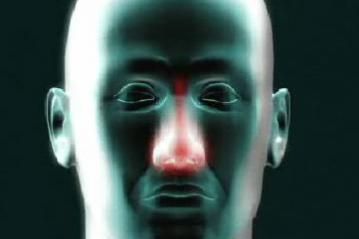If you have a cheese allergy, that probably means you're allergic to dairy. Most dairy allergies go away by the time the sufferer is three years old, so you should double check with your doctor as to whether you're suffering a true allergy, or whether you have intolerance to lactose or another substance found in cheese. A true dairy allergy can cause symptoms anywhere from minutes to hours after you eat cheese. These symptoms can include wheezing, hives, vomiting, diarrhea, cramps, a runny nose, watery eyes and itchy skin. In rare cases, life-threatening anaphylaxis can result.
With a real cheese allergy, your body is reacting to a protein or a few proteins found in milk: Casein and whey are the most likely culprits. These proteins seem dangerous to your immune system, so it releases an antibody called immunoglobulin E to fight them off. During the fight, histamine is released; it causes your symptoms. In some cases, what appears to be a cheese allergy is really sensitivity to the histamines naturally found in aged cheeses like parmesan, camembert, brie, gruyere, cheddar and Roquefort. Normally, when you eat foods that contain histamine, an enzyme called Diamine oxidase helps you break it down so you don't notice it. But for people with low levels of the enzyme who eat aged cheese, the histamines cause the same reactions that an allergic person would have were he to produce the histamine himself during the battle against milk proteins. One of the most common symptoms of histamine intolerance is a rash.
Advertisement
The other condition commonly mistaken for a cheese allergy is lactose intolerance; however, this intolerance is a result of a digestive system malfunction and not an immune system malfunction. The signs of lactose intolerance are all digestion-related, like bloating, diarrhea and gas.
Advertisement

